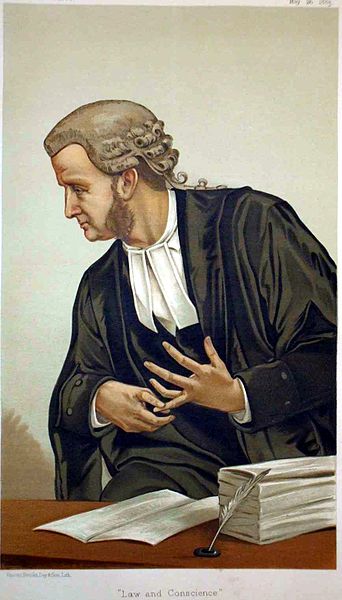
A conference at the Faculty of Law, Thammasat University on April 1 and 2 was an opportunity for discovering an excellent new book about the uniqueness of Thai history and experience.
Every attendee at the International Conference on Constitutionalism, the Rule of Law and Democratic Governance – Challenges and Prospects in Comparative Perspectives was handed a free copy of Comparative Constitutionalism: Eighty-Two Years of Constitutional Reform and Democratic Development in Thailand. The book, co-authored by Same Varayudej and Jürgen Bröhmer, has also been newly acquired by the Thammasat University Libraries. Dr. Jürgen Bröhmer is professor of law and dean of the Murdoch University Law School, Australia. Dr. Same Varayudej, a veteran barrister in private legal practice who has acted for the Council of State of Thailand, serves as international coordinator of the School of Law, the University of New England, Australia.
Global Peace Index
In a preface, Dr. Same cites the Global Peace Index, which measures the relative ranking of peacefulness in different countries. Produced by the Institute for Economics and Peace to gauge the level of harmony, safety, and security in nations, this index ranks Thailand 126th out of 162 countries, the lowest in Southeast Asia in terms of happiness after Myanmar. The United States of America, despite its wealth and influence, ranks only 101st, meaning that 100 countries are more peaceful than the USA. Although Thailand ranks higher than such war-torn places as Iran, Libya, the Ukraine, Syria, or Egypt, clearly much progress can be made. Whether such improvement can be expected any time soon is a matter for cautious realism rather than ardent optimism, according to Dr. Same, who suggests:
Whatever the outcome of the present political crisis, the prospect of Thai democracy does not look promising. Thailand’s democratic institutions remain very weak and vulnerable to political interference by unelected institutions, such as the military and judiciary.
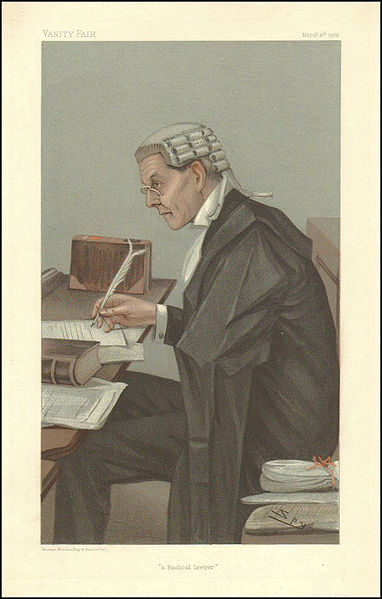
He cites a study pointing out that between 1932 and 1992, military governments ruled Thailand 80 percent of the time, after 13 military coups that followed 18 elections. Given these odds, it would be rash to expect immediate development. Yet knowledge and insight can help us to understand the situation in its unique Thai context. Examples from the history of other countries may not apply directly to challenges in the Kingdom, but they can add a sense of perspective and depth to decision-making. Even if precedent is to be disregarded, it is best to know about it.
Watch out for judges.
Dr. Same quotes from The Spirit of Laws (1748), a treatise on political theory by Charles de Secondat, Baron de Montesquieu (1689–1755), a French writer and political philosopher whose theory of separation of powers has influenced the constitutions of many countries. Reminding readers that so-called judicial activism is a risk, Dr. Same alludes to a famous passage by Montesquieu in an 18th century translation:
When the legislative and executive powers are united in the same person, or in the same body of magistrates, there can be no liberty; because apprehensions may arise, lest the same monarch or senate should enact tyrannical laws, to execute them in a tyrannical manner. Again, there is no liberty, if the power of judging be not separated from the legislative and executive powers. Were it joined with the legislative, the life and liberty of the subject would be exposed to arbitrary control, for the judge would then be the legislator. Were it joined to the executive power, the judge might behave with all the violence of an oppressor. Miserable indeed would be the case, were the same man or the same body, whether of the nobles or of the people, to exercise those three powers, that of enacting powers, that of executing the public resolutions and that of judging the crimes or differences of individuals.
Basically, each branch of government should be able to hold the others accountable. Directly before the above words, Montesquieu also expressed the memorable concept:
The political liberty of the subject is a tranquility of mind, arising from the opinion each person has of his safety. In order to have this liberty, it is requisite the government be so constituted as one man need not be afraid of another.
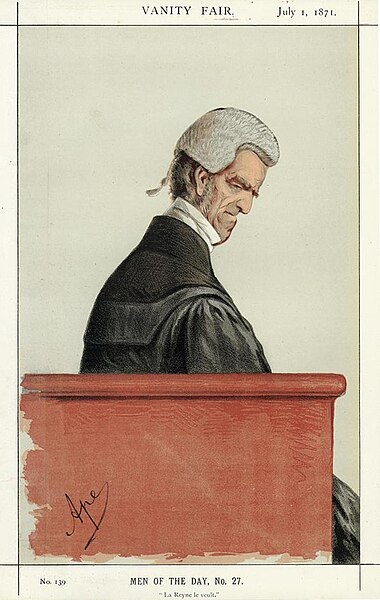
In an anxious and chaotic world, what more can one ask than for a little peace of mind and freedom from fear? In examining how Thailand’s constitutionalism, rule of law, and democracy have developed, Dr. Same has contributed to this quest. As a nation Thailand has repeatedly relied on the military to ensure order. Will this tradition ever change? To do so, Dr. Same asserts, would require major developments
covering not only legal and political but also socio-economical reforms, which embrace the principles for good governance at national, provincial, and local or grassroots levels…It remains to be seen whether the policy makers of the future government have the genuine political will to carry out reforms in accordance with both the letter and the spirit of the new Constitution.
Such changes are never easy, and in a tradition-bound country such as Thailand, progress is especially slow and difficult. Dr. Same points to the importance of Information and Communication Technology, or ICT, to inform all Thai people, including them in political life and encouraging grassroots involvement in government. Instead of responding to bribes or payoffs, people can respond to what they have learned and their inner beliefs.
A source of optimism.
If Dr. Same’s theory is correct, and hopes for Thai social and governmental development depend in part upon ICT, there may be cause for optimism after all. The latest report of the ICT Development Index published by the United Nations International Telecommunication Union has some good news about Thailand. In terms of ICT use in the Kingdom’s schools, the Index reports:
In developing countries, school access to Internet is lower on average, although much progress has been made in recent years. There are significant differences across countries, even within the same region and with similar income levels. For example, in the Americas region, only 5 per cent of schools in the Dominican Republic had Internet access in 2012, as against 100 per cent on several Caribbean islands. Argentina, Brazil, Costa Rica and Mexico all had less than 50 per cent of schools connected, compared with 78 per cent in Chile and a high of 96 per cent in Uruguay. In Asia, Thailand stands out with almost 100 per cent school connectivity, as does Mongolia, a country with one of the lowest population densities in the region.
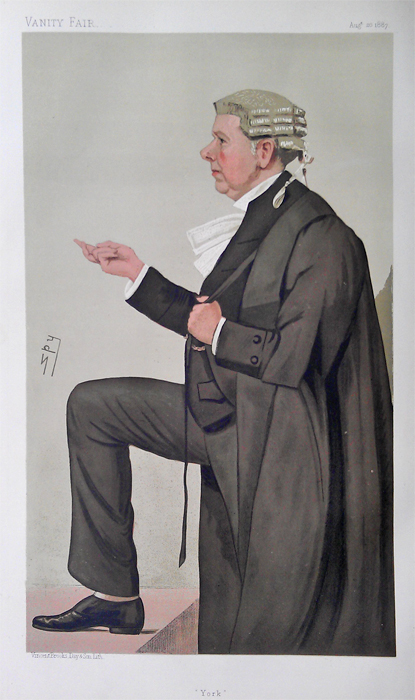
Thailand’s SchoolNet program, implemented from 1996 to 2003 is cited as one possible cause for this achievement, as well as the much-debated One Tablet per Child plan to raise learner-to-computer ratios in schools. With a high proportion of ICT-qualified teachers, Thailand ranks 81st in the world according to 2013 statistics, a distinct improvement from its 2012 ranking of 91st. This makes Thailand one of the most dynamic nations in terms of the ICT Development Index. Information is reaching more Thais faster than in past years due to this progress, showing that some things do change for the better:
In particular, [Thailand’s] wireless market proved to be extremely vibrant during the period 2012-2013: more than 7 million new mobile-cellular subscriptions and close to 28 million new wireless-broadband subscriptions were added within one year. Penetration rates stand at 138 per cent for mobile-cellular and 52 per cent for wireless-broadband services by end 2013. This is one of the highest wireless-broadband penetration rates in Asia and the Pacific, only surpassed by the region’s high-income economies. The launch of 3G was much anticipated in Thailand, following the long delay in the auctioning of 3G licences. In December 2012, licences were finally awarded to three Thai operators, providing high-speed mobile Internet connectivity to users. The rapid uptake of mobile-broadband services was spurred by heated competition among operators offering subsidized smartphones and promotions on mobile data plans. During 2013, operators further extended their wireless infrastructure and services throughout Thailand, and are planning to provide further network updates.
Making data available quickly can help in more than just educating an informed and active electorate. It can be a lifesaver. In 2008, Thai health professionals used smartphones to combat malaria outbreaks in villages along the border with Cambodia. Gathering patient data and monitoring treatments became easier with smartphones:
An electronic malaria information system (e-MIS) uploaded on the health workers’ mobile devices shows malaria volunteers where to find patients and the status of their treatment, and helps analyse the situation and trends.
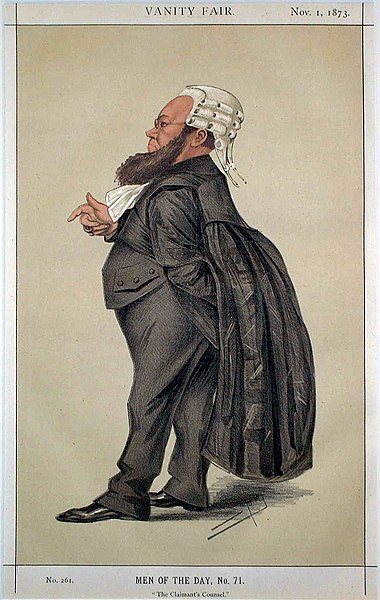
(all images courtesy of Wikimedia Commons)
